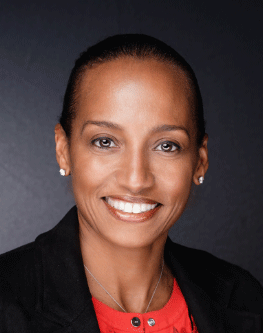
Black Entrepreneur releases the First of its-kind report Health and Tech
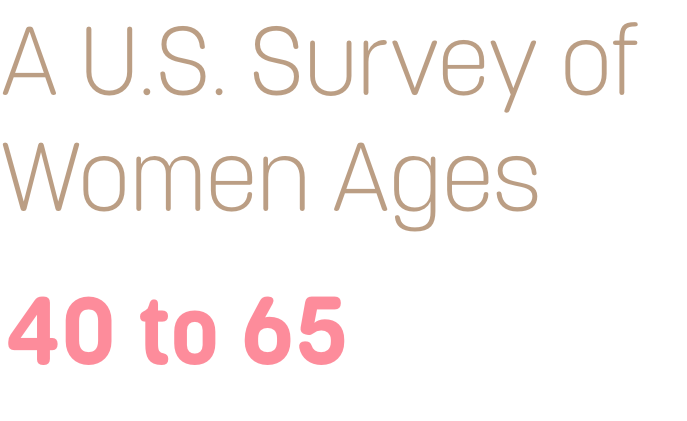
Research reveals that many FemAging Tech innovations are not meeting the needs of the 55% of U.S. women who are concerned about staying active, and independent as they age.
FemAging Tech: Innovations (e.g., software, diagnostics, devices, nutraceuticals, wearables, pharmaceuticals, clothing and other products and services) developed specifically for women ages 40+.
June 29, 2020 (Los Angeles, CA) WisePause, a pro-aging wellness and education platform, today released the FemAging 2020 HealthTech Report. The report introduces a new industry sector, FemAging Tech, which is defined as health innovations (software, diagnostics, devices, nutraceuticals, wearables, pharmaceuticals, clothing and other products and services) developed specifically for women ages 40+.
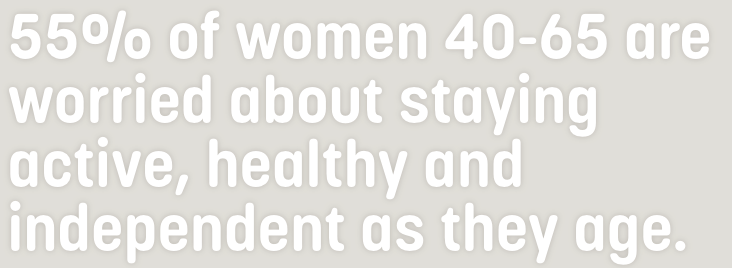
FemAging 2020 HealthTech reveals that over half of U.S. women age 40+ are very concerned about whether they will be able to stay active, healthy and independent as they age especially African American and Hispanic women. Unfortunately, many FemAging Tech innovations are not currently meeting older women’s most vital physical, mental and sexual health needs.
“The FemAging 2020 report reveals a tremendous missed opportunity in women’s health. We learned that older women of all backgrounds are clamoring for products and services that truly meet their most vital and sensitive health, wellness and well-being needs”, said Denise Pines, founder of WisePause and co-author of the report. “I’m hopeful the report will help spark a groundswell of global innovation, business initiatives and investment in solutions uniquely tailored for women ages 40+ and recognized the needs of women of color.”
FemAging 2020 also features new research from the FemAging 2020 Index, a nationally representative survey of 1,000 U.S. women between the ages of 40 and 65 that provides unique data about women’s most critical health and wellness needs as well as the features they want
most from products and services. The FemAging 2020 Index also includes insights about women of color, a population that is often underrepresented in innovation research.
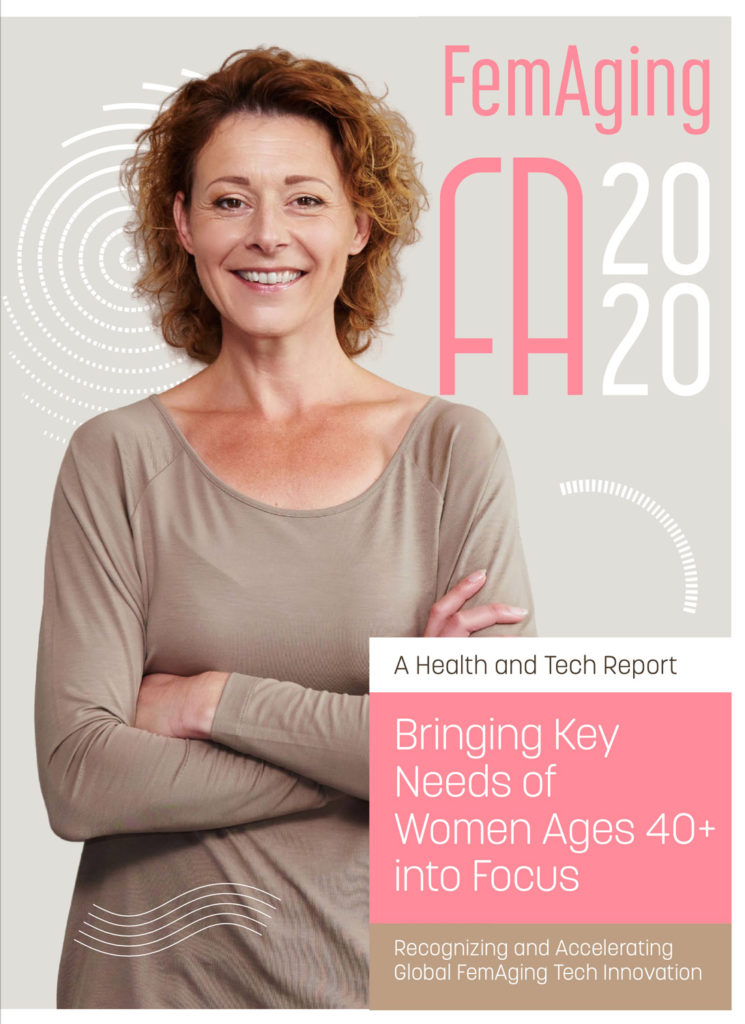
FemAging 2020 also reveals twenty companies that are successfully developing innovations that are helping to meet the unique needs of older women. The FemAging Tech 20 includes globally recognized brands such as pelvic health leader, Elvie, and Gennev a leader in digital menopause care.
“Traditionally, innovators, entrepreneurs, investors and others have largely overlooked women ages 40+ when developing new health products and services,” said Fard Johnmar, digital health futurist, and co-author of the report. “There are many reasons for this, including the fact that older women’s needs are not well-known and understood. We hope FemAging 2020, helps to improve knowledge, understanding and global innovation activity in the FemAging HealthTech sector.”
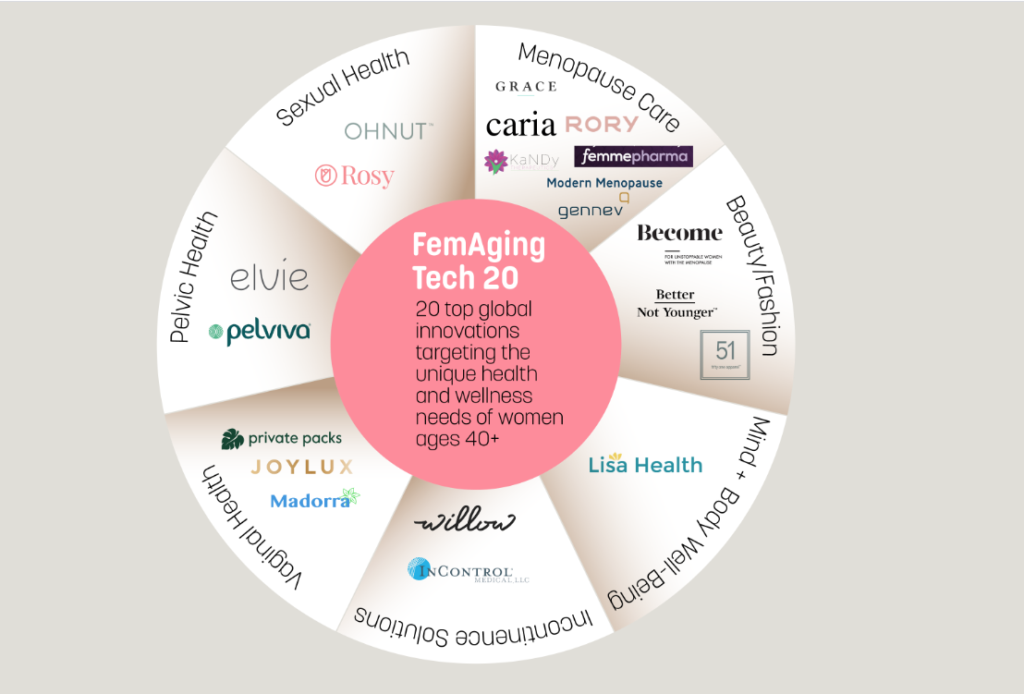
FemAging 2020 also reveals:
African American and Hispanics Are More Concerned About Healthy Aging
While more than half (55%) of FemAging Index respondents say they have significant or very high concern about their ability to stay healthy, active and independent as they age:
- African American women are 11% more likely to report being concerned about their healthy aging prospects
Hispanic women are 7% more likely to say they are concerned about healthy aging
The Menopause Treatment Gap
Menopause has a significant impact on the quality of life of women between the ages of 40 to 65, especially when it comes to managing symptoms such as hot flashes, night sweats and fatigue.
Yet, only eight percent of women currently experiencing menopause symptoms are receiving treatment. And, treatment rates are even lower among women of color:
- 5% of 40+ African American women with menopause symptoms are in treatment
- 4% of Hispanic older women experiencing menopause are receiving care
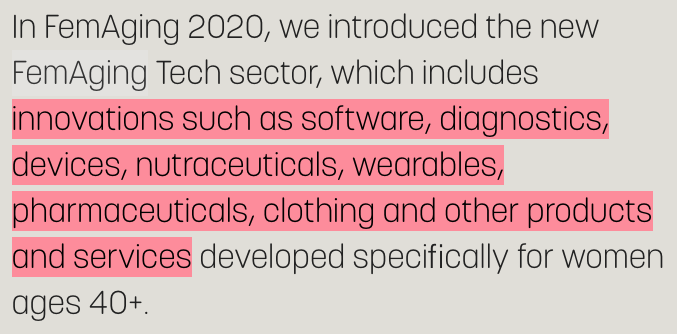
FemAging Tech Products Are Missing Features Women of Color Need
We learned that while more than half of FemAging Tech innovations target women of color (i.e., they are featured in marketing, imagery or cater to their specific cultural needs), many of these solutions are not offering features they want most. For example:
- 42% of African Americans are interested in stress/anxiety solutions, but only 1% of FemAging Tech products targeting women of color feature them
- About half (42%) of Hispanics want products that provide them with access to physicians, but only 4% of FemAging Tech solutions catering to women of color deliver this feature
Women of Color Rate Incontinence and Sexual Health As Key Issues
In the FemAging Index, we asked older women to tell us about the health and well-being issues they feel are most important to manage. Among women of color:
- 26% of African American women say managing incontinence is vital versus 17% of Hispanics
- Hispanics are 8% more likely than other groups to rate sexual health as important to manage (33% of Hispanics versus 25% of all groups)
For more information about the report, please visit www.femaging.com.
FemAging Index Methodology
The FemAging Index, was commissioned by WisePause and conducted by Wakefield Research, an independent research firm. Wakefield surveyed 1,000 U.S. women ages 40 to 65 between October 3 and October 9, 2019. This nationally representative survey has a margin of error of plus or minus 3.1%.
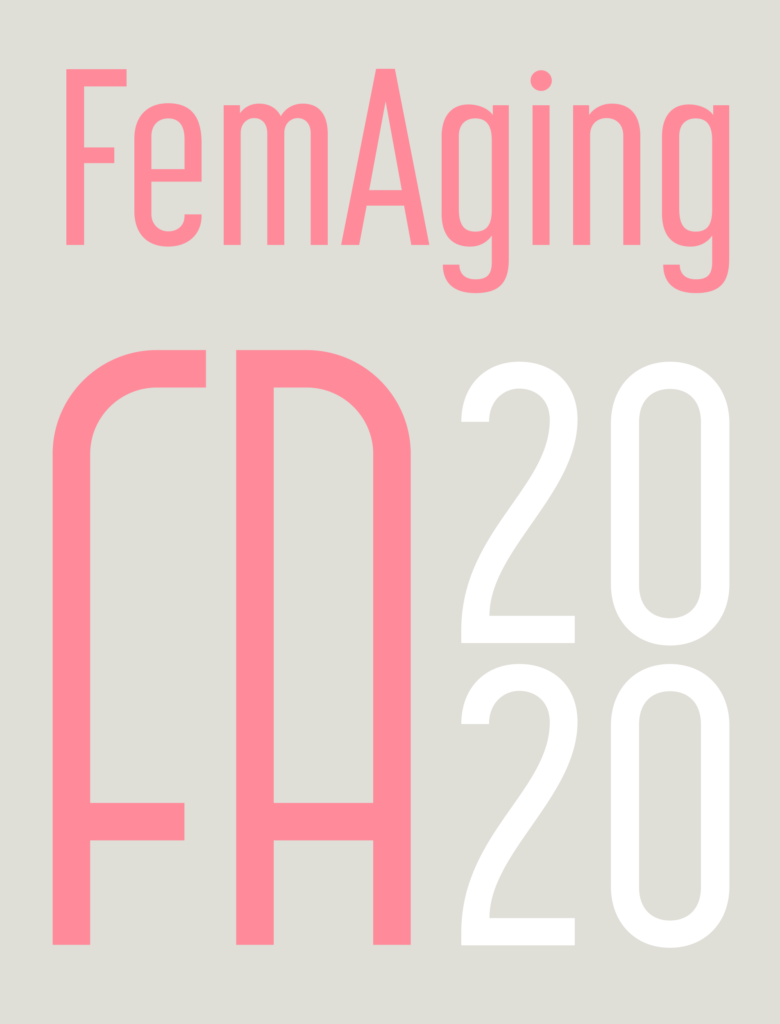
About WisePause
WisePause is a pro-aging health and education platform designed to empower and connect women with trusted critical information, supportive community and actionable reliable resources on the journey to midlife, menopause and beyond.
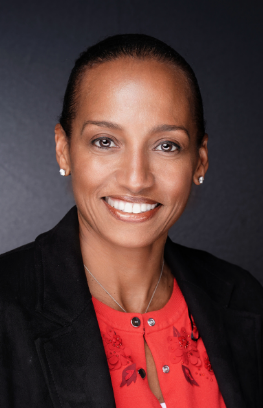
Visit us at www.wisepause.com to learn more.
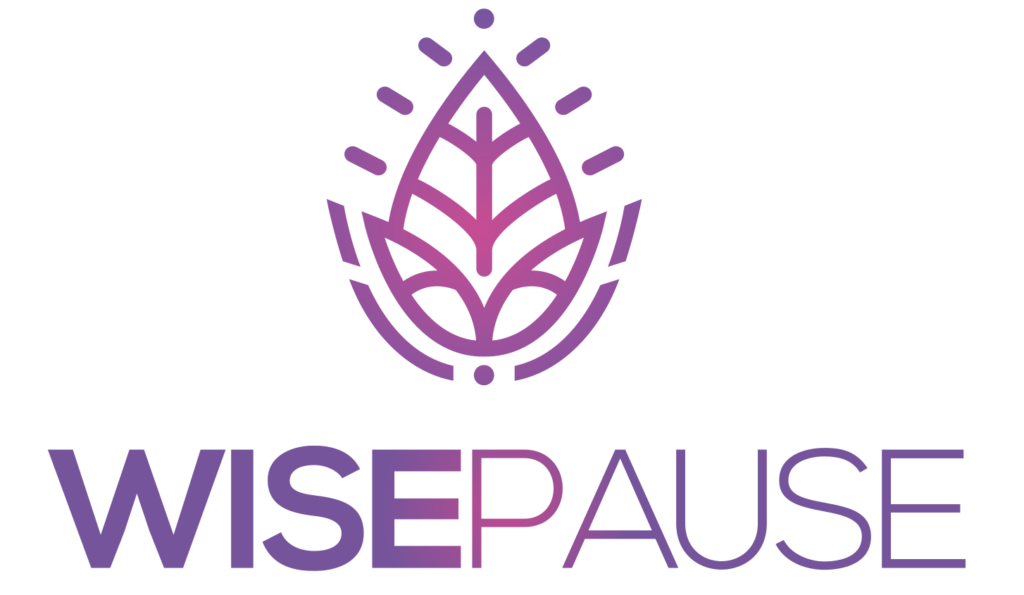






Be the first to comment